Lebanon’s central bank governor faces new corruption allegations in France
A nongovernmental organization and a group of lawyers have filed a legal complaint in France against Lebanon's central bank governor over allegations of corruption and money laundering.
Media reports said on Monday that the case, launched against Riad Salameh, was being led by nonprofit organization Sherpa and a French-Lebanese collective for the victims of fraud, corruption, and criminal practices in Lebanon.
The 81-page complaint was filed over "suspicious" real estate purchases by Salameh, members of his family and his associates in France and accused them of having illegally acquired "a heritage of several hundred million euros” through diverting funds out of Lebanon.
Sherpa said in a statement that the aim of the legal procedure was to have assets returned to the Lebanese people.
"The complaint lodged not only targets money laundering in connection with the outsourcing of considerable capital from the fall 2019 crisis, but also the suspicious circumstances under which some very luxurious real estate in France has been acquired by private or public Lebanese officials in recent years," the non-profit organization said, referring to mass protests against corruption and the economic situation in Lebanon in October 2019.
"At the end of this affair, France will have to ensure that ill-gotten funds will be returned to serve the general interest, improve the living conditions of the Lebanese, strengthen the rule of law and fight against corruption," it added.
Salameh's brother, son and an associate were named in the legal complaint, which also lists some 20 senior Lebanese politicians as well as bank owners and shareholders who could be targeted in the future.
Responding to the allegations, Salameh said that all his properties in France had been bought before he was nominated to his position as head of Lebanon's central bank in 1993.
Salameh said he had declared his source of wealth and shown documents “on many occasions” before that and it was worth $23 million prior to his appointment.
The governor of Lebanon's central bank holds French citizenship and such accusations, if led by an investigation, could culminate in his arrest upon return to France.
Last year, a Lebanese court ruled to seize the real estates and assets of Salameh after several lawyers had filed a lawsuit accusing him of undermining the financial status of the country and such other crimes as job negligence and embezzlement.
Lebanon's economy has been in a free-fall state since former Prime Minister Saad Hariri announced his own resignation and that of his cabinet’s in October 2019.
The Lebanese pound has continued to plummet against the US dollar, losing 90 percent of its value in just two years while sources of foreign currency have dried up.
In a country where most of the food is imported, state subsidies have so far helped to partially curb inflation. However, with foreign currency reserves quickly melting, the authorities have warned they will not be able to keep them up much longer.
The financial crisis has sporadically taken thousands of protesters to the streets, blocking key roads in anger at the entrenched political elite that has dominated since the 1975-1990 civil war.
The United States has also taken Lebanon under sanctions, taking issue with the prominent status and popularity of the Hezbollah resistance movement in the country. The US has blacklisted the group that has fought off several Israeli wars and is part of the country’s defense power against any potential recurrence of aggression.
Blair distances himself from Trump’s $1bn ‘Board of Peace’ fee
US Justice Department refuses probe into killing of Minneapolis mother
VIDEO | Israel Gaza ceasefire violations
VIDEO | Gaza Solidarity Forum in Damascus calls for boycott of Israel over Gaza genocide
VIDEO | London memorial event highlights Gaza genocide
VIDEO | Press TV's news headlines
VIDEO | Istanbul demonstrators voice support for Iran amid US tensions
VIDEO | Israeli settlers attack Palestinian Bedouin community, injure 13





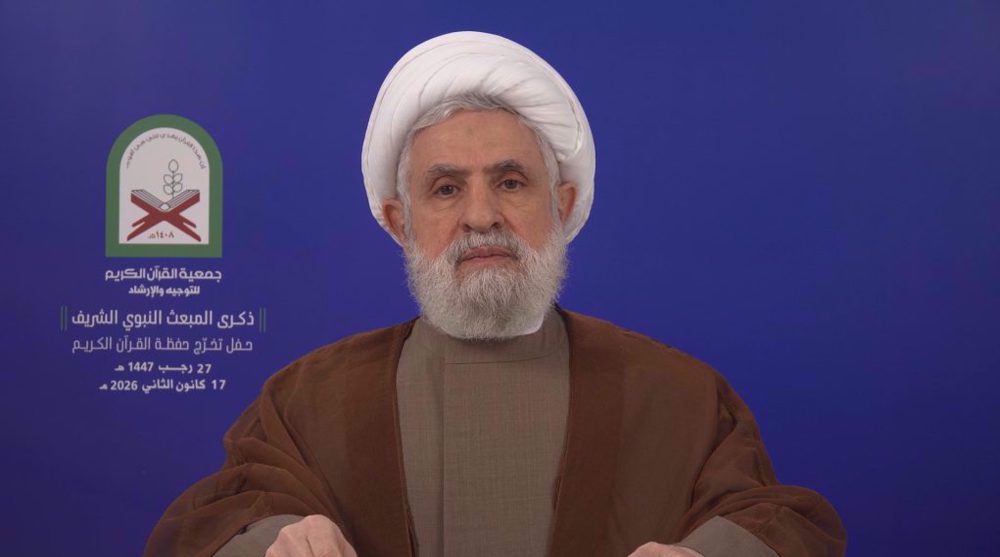
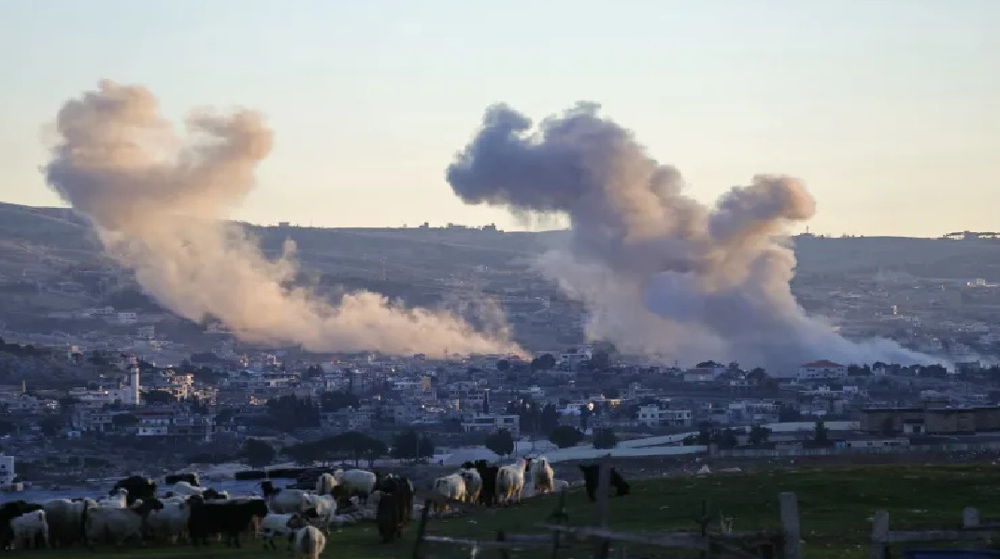
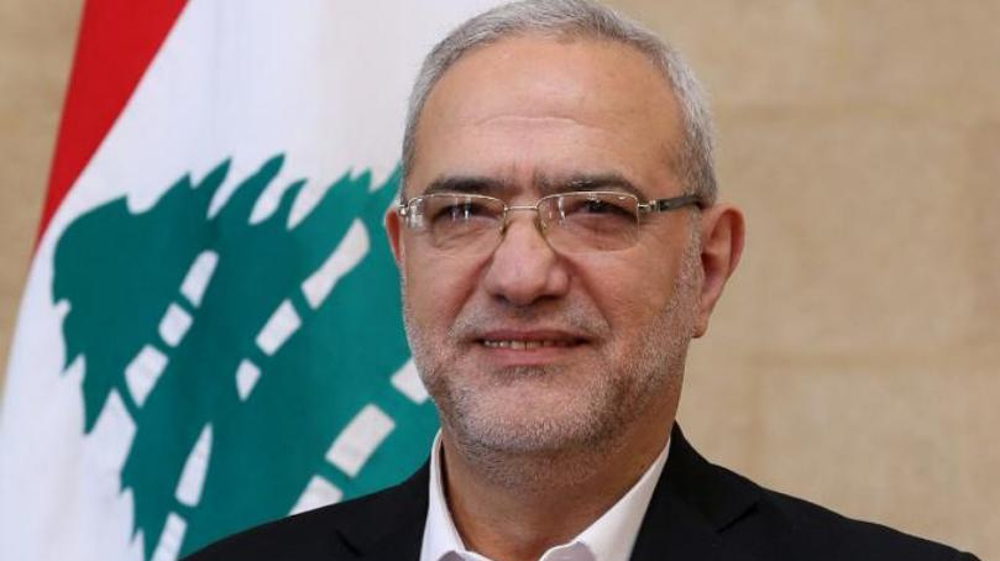





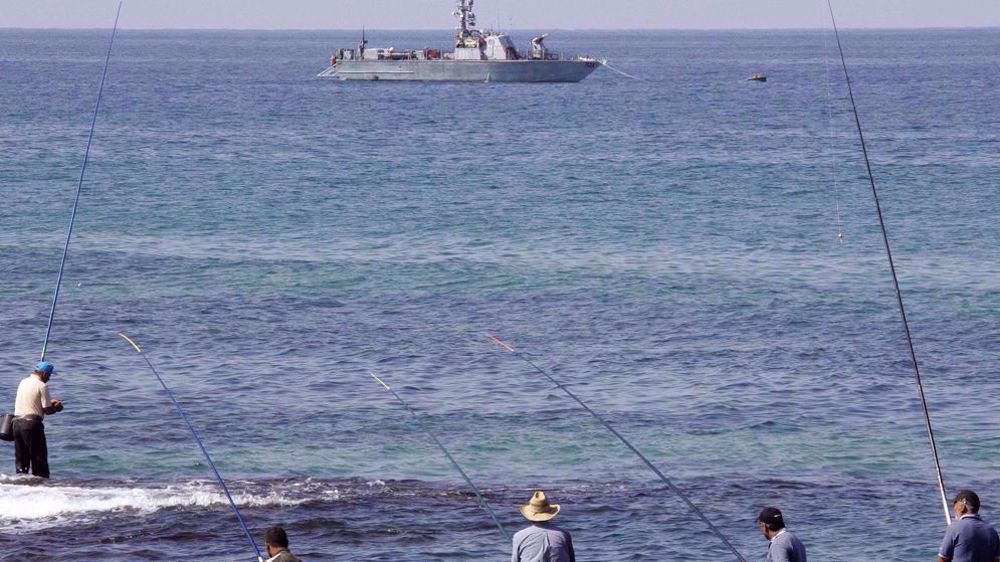
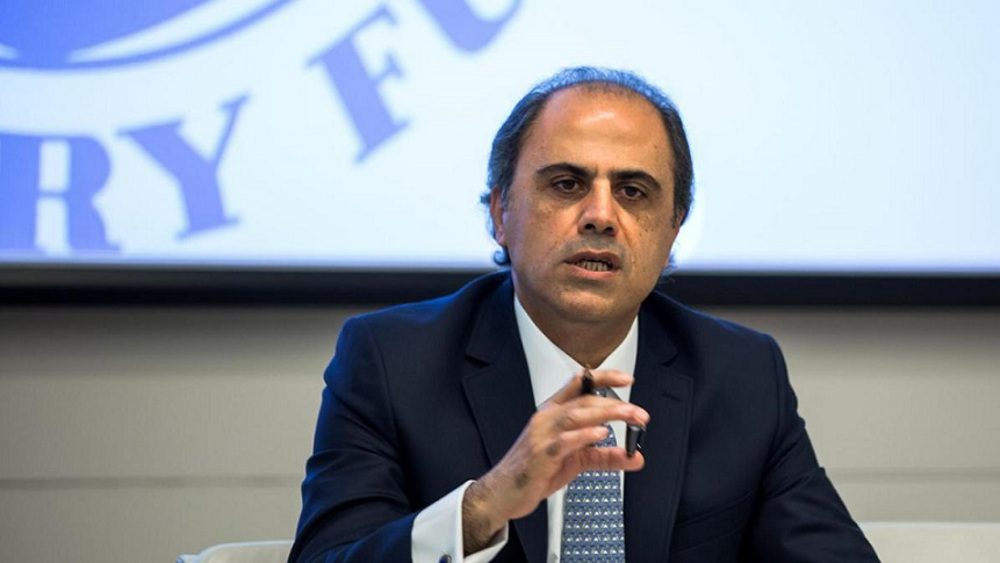
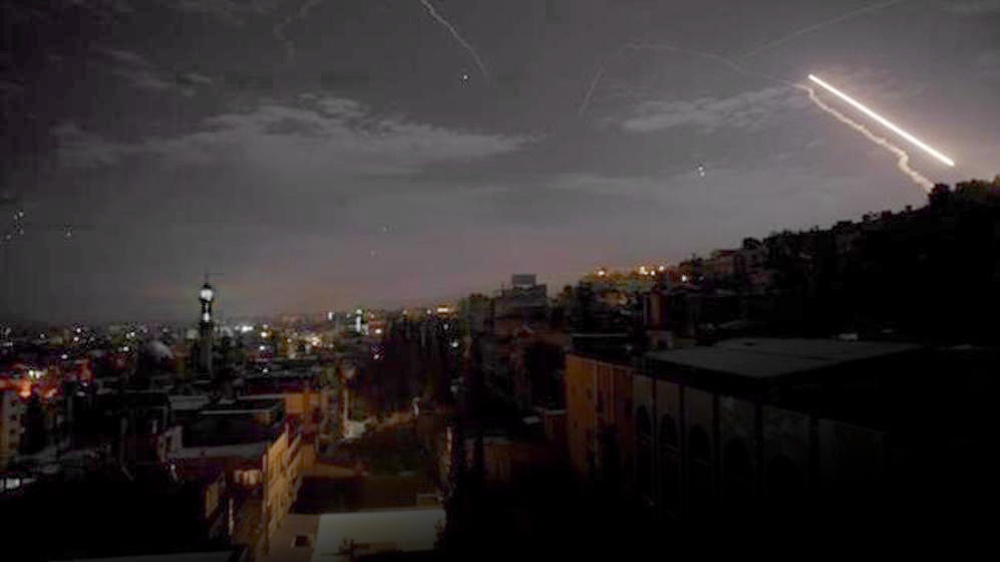

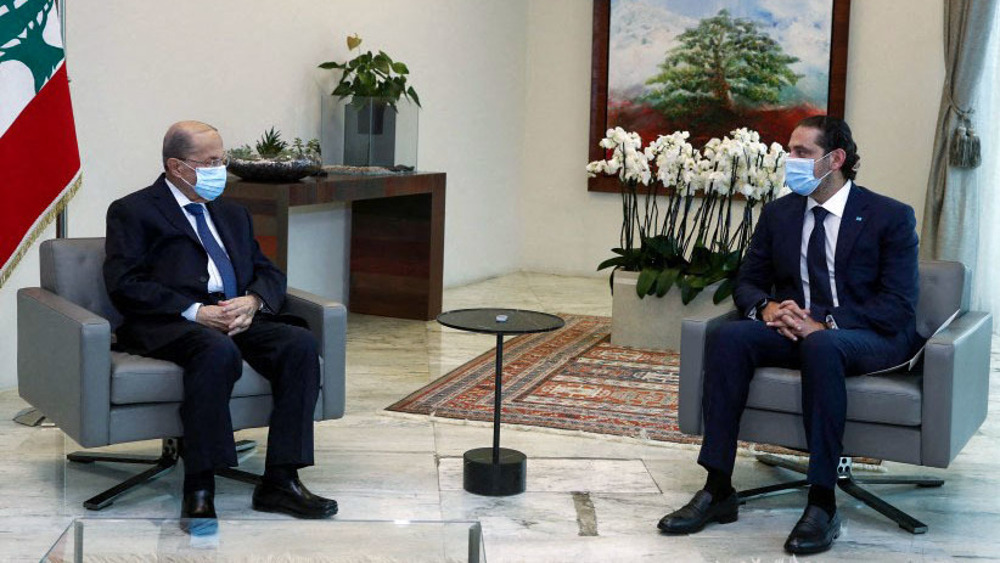

 This makes it easy to access the Press TV website
This makes it easy to access the Press TV website